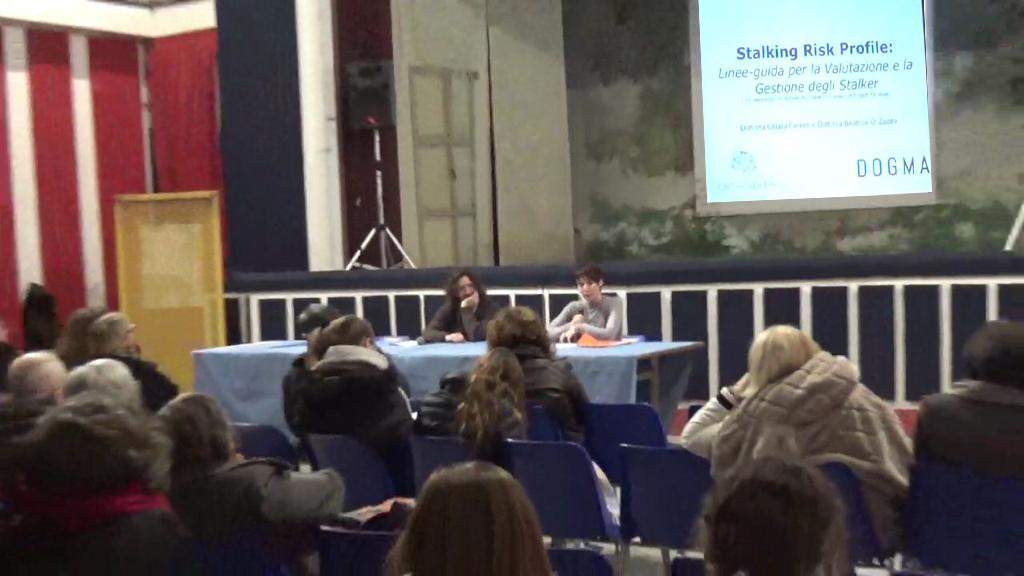As part of the week dedicated to awareness of the violence against women, among the various proposals made in the city of Turin, there was also an afternoon, on Thursday 28 November, devoted to the specific theme of stalking: "Hunters lurking: the different looks on the stalking phenomenon".
The crime of stalking is not expressly or specifically a gender crime, either because there are known cases where the perpetrator is a woman, or because there are different types of stalker (rejected, resentful, intimacy seeker, incompetent suitor and sexual predator), diversified on the basis of the motivation that drives the act and the type of relationship between offender and victim.
However, it is undeniable that most of the reports of crimes related to this particular phenomenon concern men who act as persecutors against women.
The debate held on this occasion allowed to establish that today, on one side, there is an always changing and growing legal framework, that must adapt and help to discern and treat an extremely complex phenomenon; on the other side, that there is a need for more information and collaboration, as well as research, in clinical and treatment for what belongs to our country.
The stalking phenomenon has therefore been analyzed in all its possible facets, trying to raise awareness of the need to observe it in ways that are suitable for prevention and to try to reduce its damage and social costs, also for a more strictly legal point of view.
Psychologist Chiara Cemmi’s speech specifically touched on the theme of stalker treatment. Above all, the lack in our country of scientific and valid instruments that can be of support it’s obvious, either in the planning of both a project and a personalized route adapted to the actual needs of the specific person, and the possible interventions that the law can and must implement in specific situations, without running the risk of being overly general with each individual.
Stalking, by its very definition, is specifically characterized by a wide range of possible behaviors and possible actions, likewise, the risk factors underlying these behaviors are various and of different weights to understand and ponder an actual probability of encountering violent acts or recurrence. Therefore, having an instrument in Italy that can discern the vastness of situations and understand them in their specific characteristics can greatly facilitate both legal and clinical work.
For this reason, the work being done by psychologist Chiara Cemmi and his colleague Beatrice Di Zazzo, bringing to Italy a useful instrument to make this phenomenon more readable and less generalized as the Stalking Risk Profile, hopefully will facilitate the legal work on the subject, but above all, to be a stimulus to face even more in our country than the phenomenon as a whole. The Stalking Risk Profile (SRP) is the definitive tool for assessing and managing stalking risk. Developed by leaders in the field of stalking research (MacKenzie R.D., McEwan T.E., Pathé M.T., James D.V., Ogloff J.R.P., Mullen P.E., 2013), the SRP provides structured guidelines to help professionals make considered judgements about the variety of risks present in stalking situations.
We hope that this work will be an incentive to carry out targeted research on the subject, to contextualize it in our culture and time, so that projects and actions can also be formulated, not only to prevent stalking from degenerating into even more damaging actions, but also to prevent and educate people to consider such behavior a crime and no longer socially acceptable.
The translation of this instrument, by psychologists Chiara Cemmi and Beatrice Di Zazzo, is being published.
